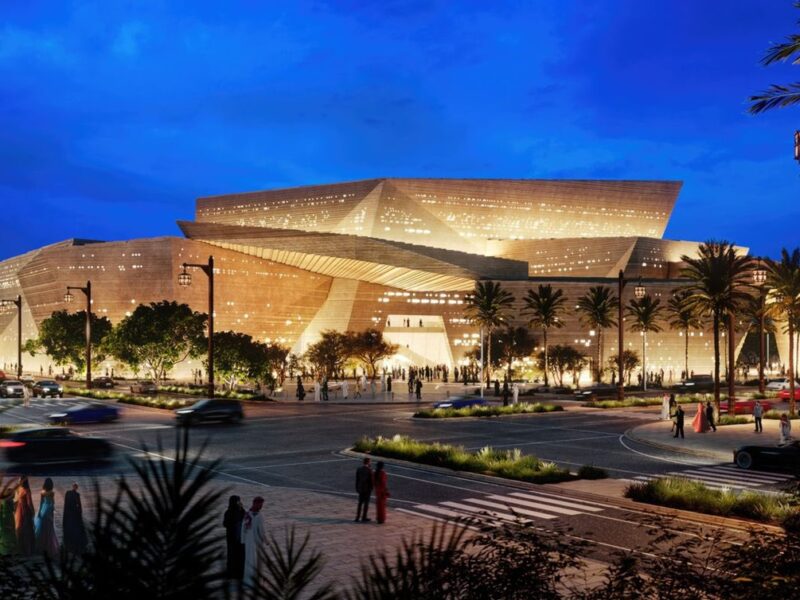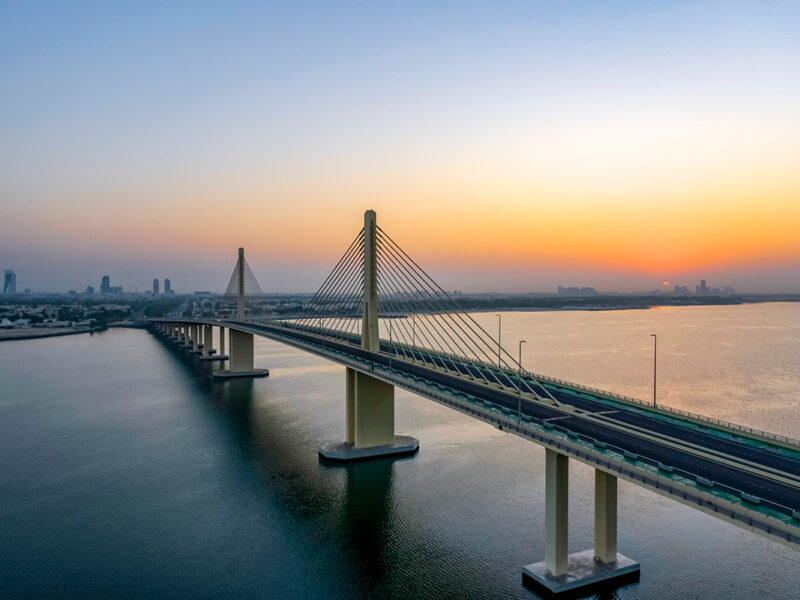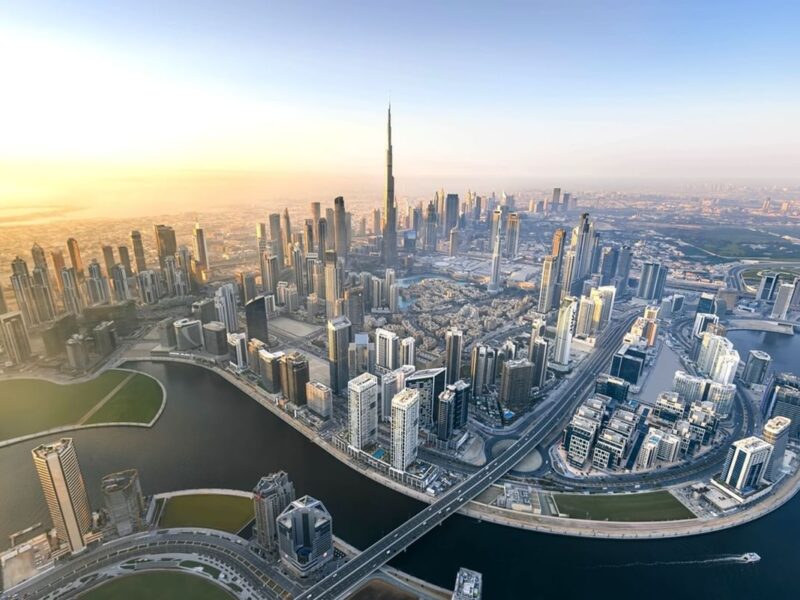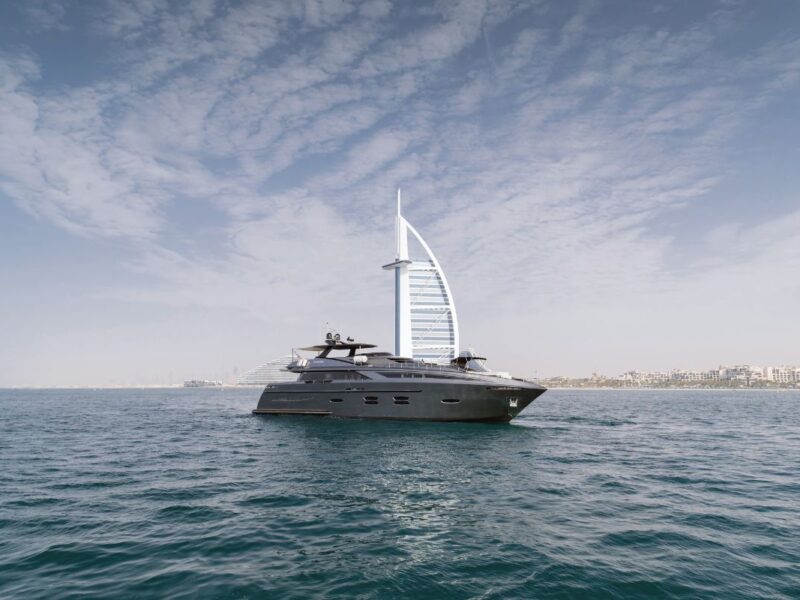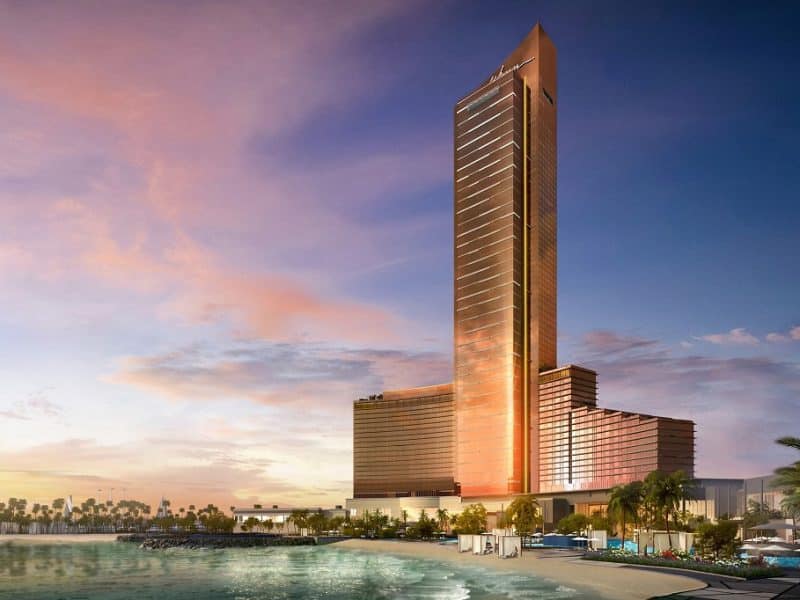Over the past five years the Middle East’s facilities management market has grown at an impressive rate and further advances have been predicted. Peter Ward looks into the industry’s progression and the role the MEP sector has to play in its development.
The Middle East’s massive building boom has brought with it the emergence of what could become one of the largest sectors in the region – facilities management (FM).
However, despite being one of the fastest growing industries, many still have trouble defining FM, which could be the main obstacle to its ascendancy.
According to the International Facilities Management Association (IFMA), FM can be defined as: ‘a profession that encompasses multiple disciplines to ensure functionality of the built environment by integrating people, place, process and technology’.
Operon Middle East director Paul Anson describes its complexity and sophistication a little more clearly, saying: “It is not just a man in a van with a toolbox, tinkering with something when it breaks down.”
In simple terms FM involves managing, maintaining and providing services for a building after construction is complete and during the time that it is inhabited.
Options provided by FM consultants include security, cleaning and repairs, as well as overall maintenance of any plant that has been installed for the building operation, such as the air conditioning systems.
Anson is also quick to stress the real benefits of FM, beyond the immediate upkeep of a building. “If you go for FM services and pay a little bit more you’re actually investing in the future value of your building.
“I think what people are struggling to see at the moment is that by investing now in a properly maintained building, they are going to increase its future value,” he stresses.
Market changes
Statistics show that the FM market has come a long way in the past few years and it has possibly an even bigger distance to travel in years to come. The market is estimated to be worth $892 billion (AED3,276 billion) over the next 25 years.
Its development is directly linked with that of the construction industry. Put simply, as the number of buildings increases, the number needing FM services will also rise.
Being linked with an industry in which 3,339 projects worth more than $2.8 trillion (AED10.3 trillion) are currently underway is clearly not going to be detrimental to FM companies.
Like construction, the development of the FM market is progressing at a different pace throughout the region. Dubai is generally considered to be leading the way, with Abu Dhabi closely following.
Other Emirates such as Sharjah and Fujairah are developing more slowly, and although major projects are planned in Saudi Arabia the FM industry there remains small in comparison with that in Dubai.
It seems inevitable however that the areas lagging behind in the market will still have to go through the learning curve that Dubai’s sector has been through and, to some extent, is still experiencing.
While the future certainly seems secure for the industry, Emcor COO Christian Roberts believes that FM still has a long way to progress.
“Although the concept of FM is becoming more common in the Middle East, it is still in its infancy stages. As such there is still a lack of understanding over the difference between facilities management and facilities maintenance and the value that is added to client assets through the management function.”
Roberts highlights the major factors for the development of FM in the Middle East as “the construction boom, changes in property law, the ageing of existing facilities, poor construction quality of buildings and harsh environmental conditions”.
Projects underway
FM’s importance in the region has been highlighted recently with the announcement that the Atlantis resort on the Palm Jumeirah, Dubai will have to spend US $2.9 million (AED11 million) a year in order to maintain its facilities.
The contract for this work has been awarded to BK Gulf FM, a company that has its roots in MEP contracting.
BK Gulf will be dealing with maintenance on all of the mechanical and electrical installations in the $1.5 billion hotel resort. It will also be responsible for advanced systems such as the lighting control for the restaurants, ballroom and meeting facilities. Management of the resort’s water parks, which hold over 15 million gallons of water, will also fall to BK Gulf.
A team of 130 people will be involved in the upkeep of the hotel. With the resort’s launch date scheduled for September2008, BK Gulf has already started work on the project.
Head of facilities management at BK Gulf, Tony Martin is one of many FM consultants who believe that their early involvement can improve services down the line.
“BK Gulf promotes early FM involvement with all its clients. The benefit we have then is that our company carried out the fit-out and we then have the continuity, in-house expertise and contacts close at hand to utilise,” Martin explains.
The amount of involvement of FM companies in the design process of developments varies. Olive VFM technical director Christopher Mills says: “I’ve been involved in the design stage with engineers for the past four years, but whenever I go to an FM conference they are bitterly complaining about not being involved in the design process.”Operon’s Anson is also calling for more involvement at the design stage: “If we can get involved sooner, we can comment on the installation, the design and the choice of equipment. Also, because we have experience in maintaining these items and equipment, we can say: ‘well if you install that manufacturer’s products rather than those from that manufacturer, we know their units only need maintaining half as often’,” he adds.
Design stage involvement
The subject of early involvement of FM consultants in projects is one that will be discussed at the upcoming FM Expo that is taking place on 8-12 June in Dubai. An exhibition that is dedicated to the region’s FM industry, like the sector it is growing rapidly.
Another topic that is due to be covered at this year’s FM Expo is the new strata law that has been introduced in the UAE and promises to have an effect on the facilities management industry.
The Strata Law allows the formation of owners’ associations to manage the common areas of property, including parking areas, gyms, pools and lifts.
The issues that FM consultants are encountering with MEP contractors appear to vary. At BK Gulf asset registers are viewed as a potential source of problems, reports Martin. He claims that they need to be in place at the handover with all the “necessary details”.
Anson on the other hand stresses the importance of contractors leaving projects in the right condition prior to finishing on site, for example cleaning out strainers and replacing filters.
Attitudes towards FM consultants from the MEP sector tend to be positive on the whole. There is a possibility of the consultants appearing to be busy-bodies, but Martin assures that at his firm at least they are “perceived positively”.
The future of FM
Experts predict that the FM market will overtake the construction industry in years to come, but in the immediate future Mills is clear how the sector will develop: “I see a lot more people beginning to realise the importance of having an FM operator as part of the design phase.”
Martin sees the industry headed in a similar direction, saying he can see the relationship between the FM and MEP sectors “intensifying” in the future.
“Clients will now have their own FM consultants and those in the MEP sector will want to have their own font of knowledge within FM to either challenge or agree with proposals,” he adds.
By 2012 the FM market value is expected to grow to $10 billion (AED36.7 billion) according to Roberts. And encouragingly for the MEP sector, Roberts can see the link between the two industries strengthening.
“It is possible that we will see the MEP sector, in the long-term providing part of the FM solution [in terms of MEP maintenance] as construction in the region comes to maturity. The MEP aspect of FM is a key requirement for the future and I would see this evolving over the next four to five years,” he states.
The FM industry in the US took around 25 years to fully mature; typical of the Middle East region it is expected to take just five years here.
With such a high level of growth anticipated, anybody involved in the FM industry may well be looking forward to a bright future – including those in the MEP sector.
The role of software in FM
The role of software is expected to increase in the facilities management sector as it can improve the services provided by firms.
Software packages can be used for several tasks, such as to assist a building’s property management and space planning. There are also software packages that can improve the maintenance scheduling in a building; these can be locally controlled or web-based.
For the first time a Supplier’s Zone will be featured at the 2008 FM Expo to display the latest software and technologies available in the industry. One such product due to be exhibited is Emco’s Star Reach system.
The software is integrated into a handheld device that enables details of both preventative and corrective calls from clients to be sent directly to a technician. The complaint, location and complete history of the building or equipment can be included in the call, enabling a faster and more accurate response.
The firm claims that the system can reduce the response time to complaints within managed buildings by up to 40%. All details following site visits are logged on a database at Emco head office and a service report generated for the client.
• The FM market in the UAE over this period is potentially worth $704 billion.
• Markets in Saudi Arabia and Qatar are expected to be worth $96 billion and $92 billion respectively.
• Initial design and construction costs account for an estimated 20% of the total lifecycle cost of a building, with operation, management and maintenance making up the remaining 80%.
• FM Expo will take place on 8-10 June at the Dubai International Exhibition Centre. A two-day property and facilities management conference will run alongside the exhibition.


